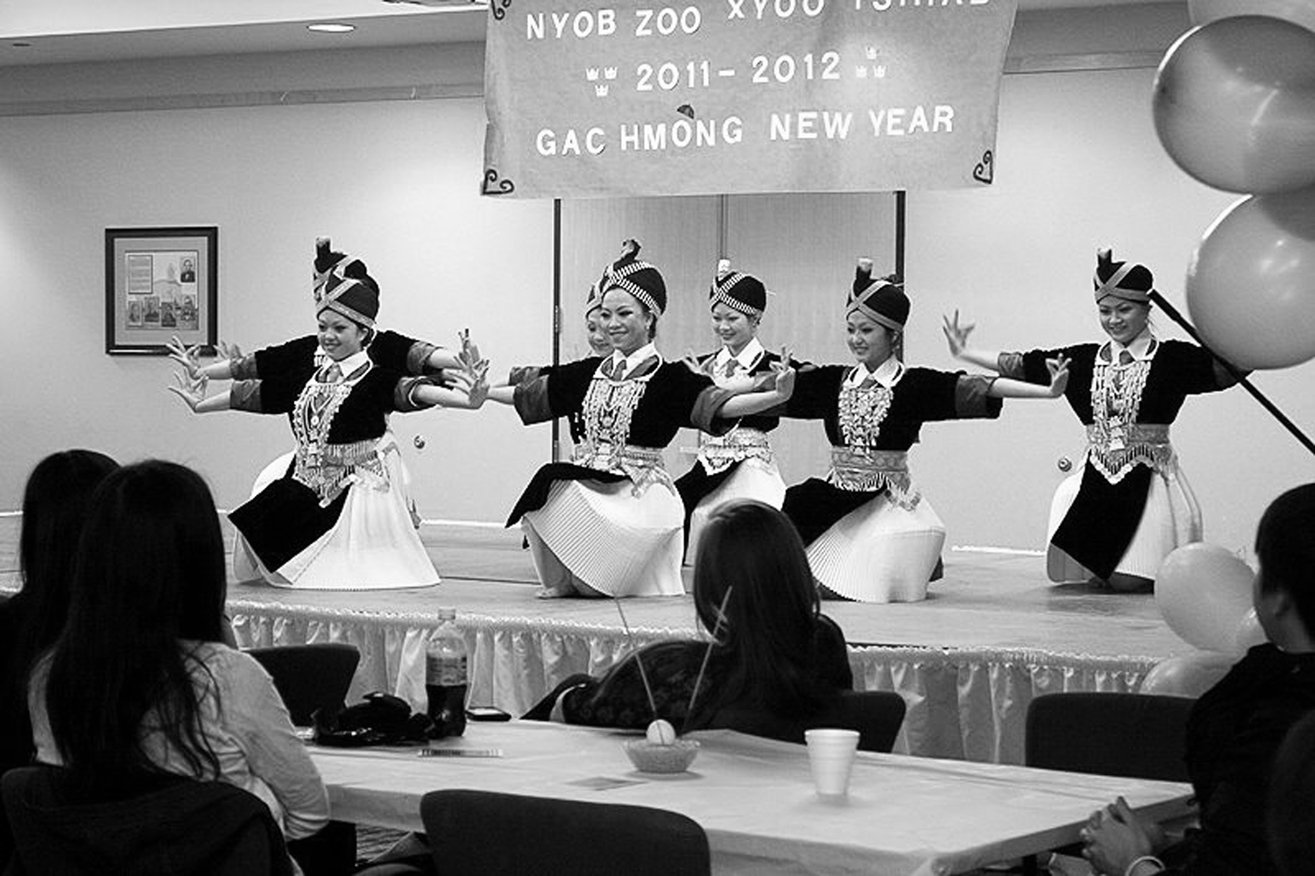In celebration of Hmong New Year, Gustavus’s Hmong American Cultural Outreach (HACO) group will be putting on its annual event, Hmong New Year.
This tradition is to give thanks to the memorable year whilst looking forward to new beginnings. It is customarily celebrated at the end of the harvest season after hard work to give thanks for a plentiful season. Akin to the Thanksgiving holiday, Hmong New Year can be a religious time of the year in paying homage to their ancestors.
“It’s a celebration of the harvest, about working hard all year,” HACO Co-president Der Yang said. “Hmong peoples’ everyday lives were farming all year and then finally to produce something to feed their family—that is something to celebrate.”
In past years, the Hmong New Year event has been held every other year. HACO has recently decided to make it an annual event, inviting speakers and entertainers from across the state to come talk about the meaning of the Hmong New Year.
“We will have speaker and entertainer Tou Ger Xiong performing a comedic and educational piece,” HACO Co-president Pa Ying Moua said.
“There will also be some traditional dancers, Minnesota Sunshine, who had performed last year for our event. With that, we’ll also have a meal that we all share together, with vegetarian options available, ranging from a noodle dish to Hmong tapioca dessert,” Moua said.
Last year, Kao Kalia Yang, author of the renowned novel, The Latehomecomer, spoke to Gustavus students about the significance of Hmong New Year. She also expressed her personal struggles maintaining a double Hmong–American identity, leaving many students with a memorable experience of the speech.
With the Hmong New Year event themed as “Change and Transformation,” HACO intends to explore how the Hmong culture has progressed from its traditional roots to its modern standing in society.
“Our theme is about finding the balance between traditional values versus more American values,” Yang said. In the generational struggle between those who immigrated to the United States, mainly from the refugee camps of Thailand, and those who were born and raised with American values, cultural expectations and norms have been evolving.
In an effort to educate the Gustavus community about the Hmong culture, HACO warmly extends the invitation to the event to people from all walks of life.
“We’re encouraging all students to attend, not just Hmong students. We have gotten a lot of support from other schools for the event, but we would like Gustavus students to come and be able to reach out to them about who we are as a culture,” Public Relations Chair Yee Chang said.
After placing second in both the window painting event and in the parade during Homecoming Week, HACO has used part of its winnings to make the event free of charge to students, providing free food and entertainment.
In light of the club’s recent name change last year from the Asian Cultures Club, the new mission strives to put more emphasis on specifically the Hmong culture. “This event is also a coming out of our new name,” Yang said. “Throughout the event, we want to give out information and explain more about the Hmong culture—why we have the Hmong New Year event and why we are eating together as a group. There’s more reason to the food. It’s not just a way to draw people in.”
The Hmong New Year, along with the HACO mission, aspires to promote unity, culture, and heritage to encourage and advocate multicultural awareness.
“Hmong people are based on community,” Yang said. “We want to emphasize unity. We want to show that we are one people and ask others to be a part of that community and expand on that.”
The event will be held in Alumni Hall from 5 p.m. to 8 p.m., with doors open at 4:30 p.m. Admission is free.
